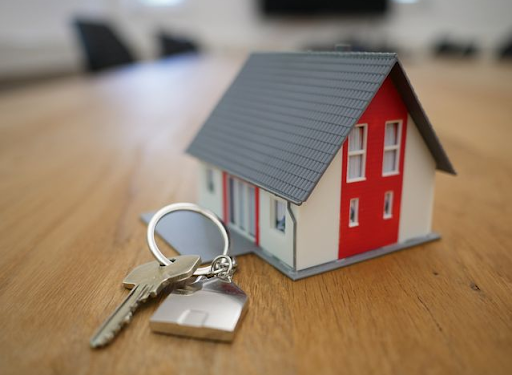Thanks to platforms like AirBnB that make it easy to rent out property on a short-term basis, more people than ever are buying investment property. An investment property is a property that you buy to make money from, whether you plan to collect rent from short- or long-term tenants, flip the house, or keep it for a while and resell it after it appreciates in value.

But while an investment property can earn you income, it can also cost you money – and buying one may be more difficult than buying your primary residence. Mortgage requirements for bridge loans tend to be stricter for borrowers buying investment properties, because buyers are more likely to default on investment properties than they are on their primary homes.
You have to make sure you buy an investment property in a good market for renting or reselling. You have to be financially prepared to manage the maintenance and upkeep on an investment property. You may even want to hire a property management service to handle the maintenance for you, and help you find and vet tenants.
Loan Requirements May Be More Stringent
If you’ve already purchased your primary residence, you might know that most lenders aren’t requiring 20 percent down for a loan on a primary home. That’s not the case when you’re buying a second home. When you’re buying an investment property, you’ll need to be prepared to put down at least 15 percent – if not 20 or 25 percent. Your interest rates will be higher, too, and you’ll need a credit score of at least 620.
Location Is Everything
Whether you’re planning to rent your investment property out or flip it, location is everything. You need to make sure you’re buying in an area where you can make a profit on renting the property or reselling it. For example, if you want to buy a fixer upper and flip it, you’ll be better off in a market like San Francisco where you can easily recoup your renovation costs and then some. If you want to buy a property to rent out to vacationers, buy it in an area where people like to go on vacation.

Research the real estate market in the area where you want to buy. If you’re an accredited investor, look into real estate investing for accredited investors – you might have access to investment vehicles not available to the general public.
Keeping an Investment Property Is Expensive
When you own an investment property, you have to maintain it just as you do your primary home. You have an obligation to your tenants to keep the house in livable condition and fix things when they break. Between tenants, you’ll want to do some renovation – a fresh coat of paint, maybe some new carpeting, depending on how long the previous tenant lived in the unit and how they left it.
In addition to the cost of maintenance, repairs, and renovations, you’re going to have to pay property taxes, homeowners insurance, snow removal and lawn care costs, HOA fees, and property management expenses. You can expect to put about 50 percent of the money you earn from the property right back into maintaining the property.
A Property Management Service Might Be Worth the Expense
If you live close to your investment property and you’re handy, you might want to save some money on repairs, maintenance, and upkeep by doing it yourself. But that might not be feasible if you don’t live nearby, or don’t have the skills to maintain the property.
A property management service can take over upkeep, maintenance, and repairs. They can also help you find good tenants for your property. A good property management service from Estate Agents Clitheroe will take only some percent of your rent off the top, so it might be worth the expense.
Real Estate Can Be a Risky Investment
You can lose money on any investment, even real estate. Estate generally appreciates in value over time, that’s not always the case, especially if you buy during a housing bubble. When the bubble bursts, your rental property could depreciate quickly – you could even find yourself underwater on it.
Even if that doesn’t happen, you can still lose money if the property sits vacant for any period of time, or if the tenants do damage to it. There will be months when you won’t collect any rent and you’ll have to pay the mortgage out of your own pocket. Make sure you’re financially stable enough to assume these risks before you invest in real estate.
Buying your first investment property can be your first step on the road to financial freedom and prosperity. But you should know what you’re getting into before you buy an investment property. When you go into the deal with your eyes open, you’ll be prepared to handle whatever comes.







